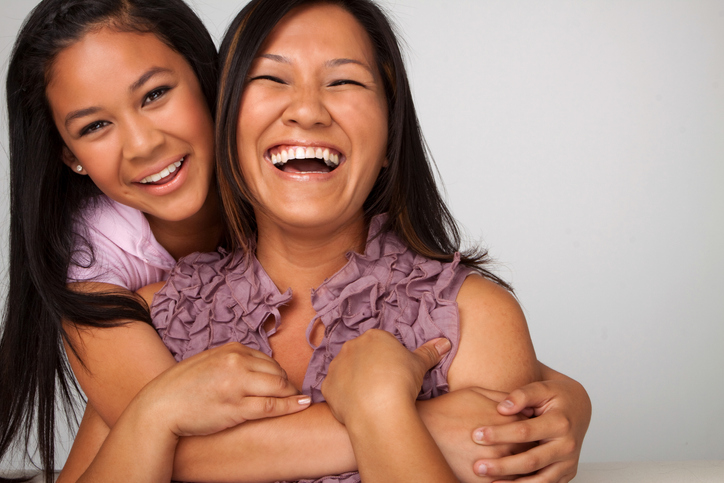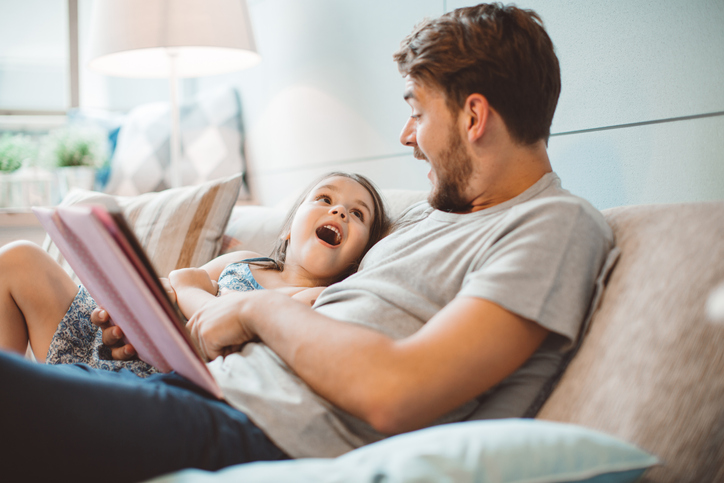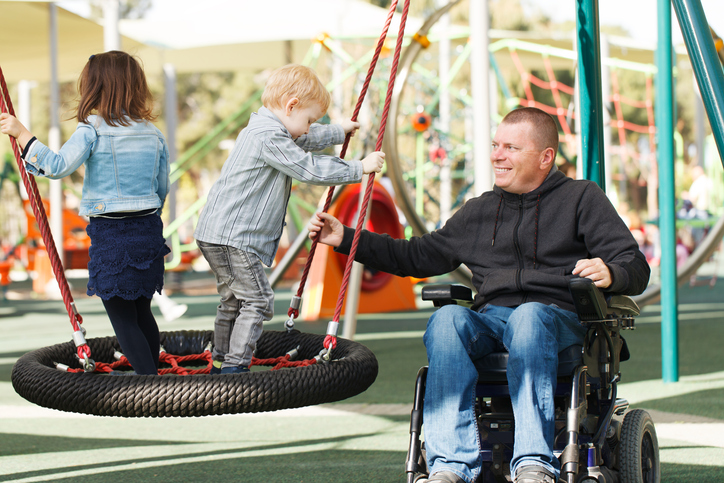Living with Chronic Pain
Tips for Parenting When Dealing With Chronic Pain

Numerous research studies show that children of parents with chronic pain are affected in some way by the health condition. Children are also at greater risk of developing chronic pain if one or both parents have chronic pain.
Being a parent and living with chronic pain can be challenging. Children may feel angry that their parent(s) with chronic pain cannot be as physically involved as they once were. They may also become withdrawn and hide their feelings in an effort to protect their parent(s) from additional pain. Tips for parenting when dealing with chronic pain include the following:
Discuss your condition with your children
In order to help your children constructively deal with your chronic pain condition, it is essential to talk with them about what you are experiencing, what pain condition you have, and how it affects your life. How much you divulge depends on the age of the child. With young children, it is okay to simply state that you hurt; as they grow older, you can provide more details about your condition. Let your children know you are doing the best you can. Let them know you are not going to die, and your condition is not contagious. If they tell you they are upset, let them know that feeling emotion is normal. Listen to their concerns and initiate a conversation about how to deal with their feelings.
Let your children help you
Some parents living with chronic pain feel that role reversal occurs; for example, your children may begin to take care of you instead of vice versa. If your children want to help you, let them. If they want to bring you a glass of water, let them, but do not allow them to become your caregiver. Also, never allow children to administer medication.
Spend quality time with your children
Spending quality time with your children is the most important thing you can do. Be sure to ask them questions. Find out how school is going and take an interest in their friendships. Let them know you are interested in their activities even if you cannot fully participate in everything they do. Focus on what you can do instead of what you cannot. You can be more active in your children’s activities if you incorporate a good pain management plan; for example, rest for several days before an event, take pain medication prior to an outing, or ask family or friends for help when needed. Alternate between sitting and standing when attending events. If some activities are easier for you than others, be sure and engage in those activities with your children.
Hire someone to help
On some days, cooking meals, doing laundry, cleaning the house, providing transportation, helping with homework, etc., is nearly impossible. If you can afford it, hire someone to help you with everyday chores and errands. This enables you to spend your energy with your children instead of focusing your time on mundane tasks. If your income does not allow for this, ask family and friends to help you for a few hours per week.
Benefits
Many children of parents who live with chronic pain learn important life lessons earlier than usual, and they gain healthy coping skills to handle future adverse situations. These children often grow up to be nurturing, caring, patient, and kind adults.


















